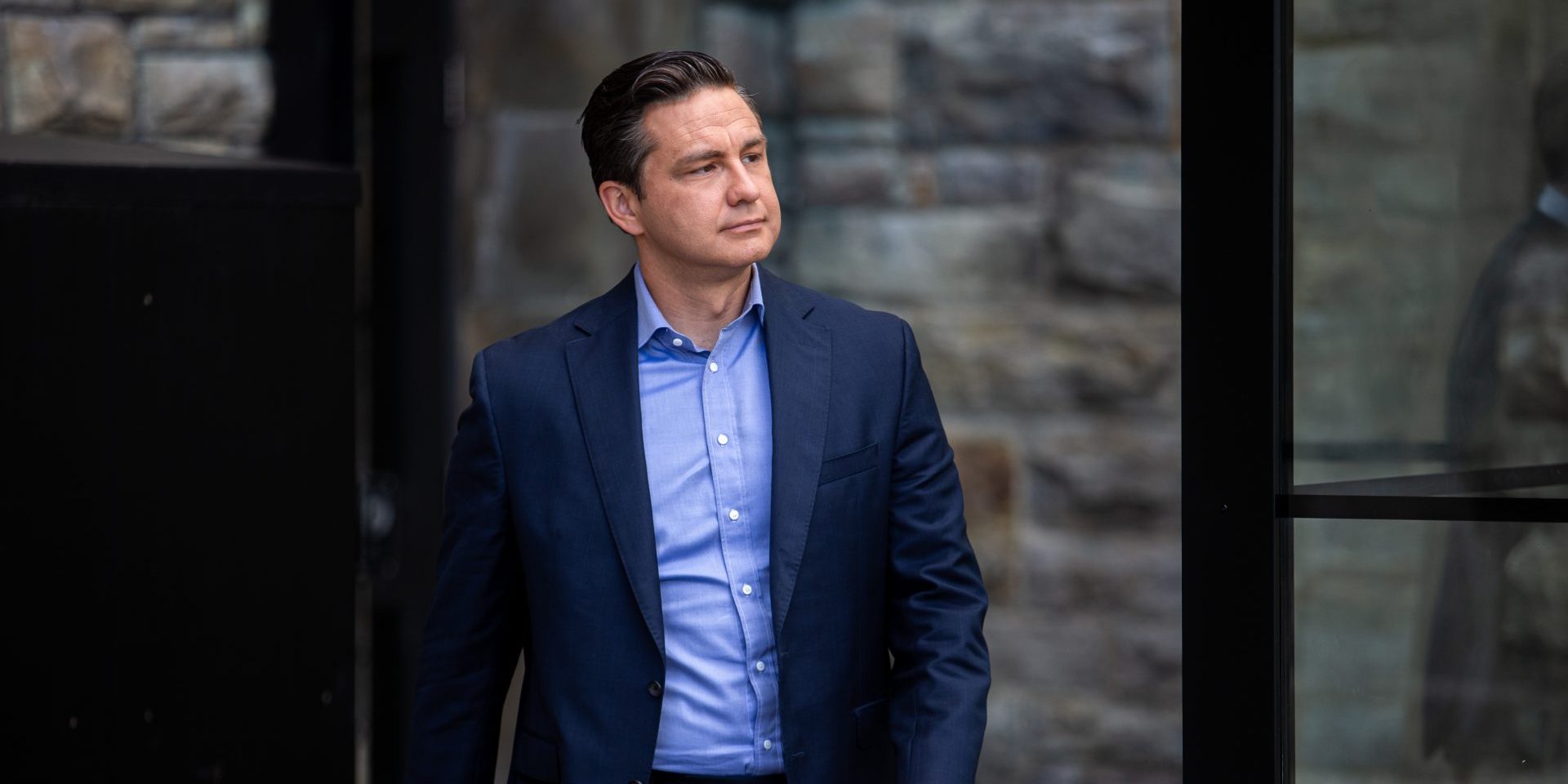Poilievre failing to hold government accountable on Indian interference

OTTAWA—As leader of the Official Opposition, Pierre Poilievre has only one main job: to hold the government accountable. In the case of India’s interference in our domestic affairs and the alleged assassination of a Canadian citizen, Poilievre is failing badly in that job.
He hasn’t always been this lackadaisical. On China, Poilievre was razor sharp. His attack dogs vilified Chinese President Xi Jinping, forced special sittings of Parliamentary committees, and demanded yes-or-no answers from Prime Minister Justin Trudeau and his political staff. On India, Poilievre has yet to mention its prime minister, Narendra Modi, by name.
Poilievre did offer his condolences on Sept. 18 to the family of Hardeep Singh Nijjar, a Canadian Sikh who was killed earlier this year. His remarks came exactly three months after the murder took place on June 18, and only after the prime minister dropped the news about India’s alleged role in the killing. At that point, Poilievre had no choice. He had to say something on the issue, no matter how curt or cursory.
Perhaps he is waiting, as he claims, for the evidence to roll in. This would be a plausible defence, except with China he gunned full-steam ahead relying only on newspaper articles and unnamed sources. With India, Canadian MPs have furnished personal stories. Security agencies have compiled lengthy lists of India’s nefarious activities. The Five Eyes have pointed their fingers directly at India. There is little doubt that Modi has been up to no good. Yet, Poilievre remains mum.
Why the double standard? Maybe Poilievre wants to play it safe and not blow his lead in the polls by wading into a politically controversial subject. Or, maybe it is something really simple, like protecting the deeply personal relationship that the Conservatives have built and sustained with Modi.
It started in January 2009. Despite strict warnings from Canadian officials, Patrick Brown—then an MP in prime minister Stephen Harper’s Conservative government—paid a visit to Modi, who was premier of Gujarat at the time. Modi’s reputation was in tatters after the United States denied him a visa citing his role in the massacre of local Muslims.
Modi used his Canadian connections to blunt the American snubbing. In 2014, he became prime minister of India. In 2015, an election year in this country, Harper invited Modi to Canada. It didn’t help. Harper lost to Trudeau. The liaison continued under the auspices of the International Democratic Union, an organization of right-wing political parties led by Harper. Max Fawcett, writing in the National Observer, has a thorough account of this phase of the relationship.
Modi could easily make Poilievre’s India dilemma go away by pinning the whole matter, for example, on rogue elements in the Indian government. But he won’t. It’s better to double down against Canada. It sharpens Modi’s image going into elections in April 2024. Oddly enough, Modi’s hard-nosed stance also helps Trudeau. Slow trickling of the details on Indian interference prolongs the storyline. It serves to contrast Poilievre’s silence against Trudeau’s unequivocal defence of Canadian sovereignty.
Canadian security agencies have been ringing the alarm bells throughout this saga. Journalist Sam Cooper of The Bureau has detailed an exhaustive history of CSIS warnings about the Indian High Commission “recruiting sources and agents to infiltrate, monitor and co-opt Sikh diaspora communities.” This is the same Cooper whose investigations Poilievre trusted enough to attack the Liberal government’s record on China.
Surely, Poilievre knows that political relationships—no matter how friendly or tight—are only transactional. They exist to achieve short-term premeditated objectives. Giving Modi a free ride for his egregious acts against Canada, and letting the Liberals lead the narrative, can hurt Conservative prospects in an election year—especially in ridings where the voters have no diaspora stakes for or against Modi or India, for that matter.
Dithering and inaction could paint Poilievre as aloof and delinquent in his duties as Opposition leader. But he can fix that. Like Green Party Leader Elizabeth May, he can request Justice Marie-Josée Hogue to ensure that India is included in the public inquiry into foreign interference. Like NDP Leader Jagmeet Singh, he can ask the National Security Advisor for a briefing, and check out all the evidence piling up against Modi and the Indian government.
However, if Poilievre wants to be politically astute, he can do with India what he did with China and turn the heat high on Trudeau by asking “what did the prime minister know and when did he know it?” The thing in Poilievre’s favour—for now—is that Trudeau, too, has been grossly negligent in his duties to defend Canada against Indian interference.
Bhagwant Sandhu is a retired director general from the federal government. Between 2002-21 he held senior roles in several departments, including Fisheries and Ocean Canada, Infrastructure Canada, Treasury Board Secretariat, and Public Works Canada. He has also held executive positions in the governments of Ontario and British Columbia.
The Hill Times






 LICENSING
LICENSING PODCAST
PODCAST ALERTS
ALERTS


